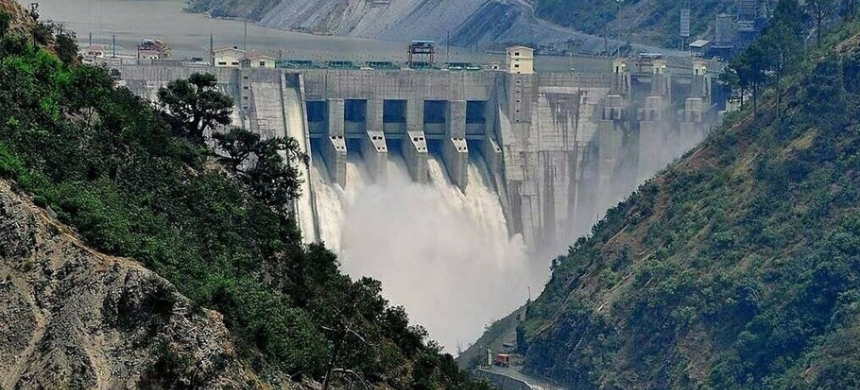India’s Suspension of the Indus Waters Treaty: A Violation of International Law
India’s decision to suspend the Indus Waters Treaty (IWT) represents a serious violation of international law, signaling an act of aggression and extremism.
India’s Authority to Suspend the Treaty
It is important to note that India lacked the legal authority to unilaterally suspend or terminate the treaty. The IWT is an internationally recognized and guaranteed agreement that involves both India and Pakistan, with the World Bank acting as a guarantor. If India were to suspend or terminate the treaty on its own, it would raise significant questions about the validity of other agreements India has executed with foreign states.
Read More: What is the SAARC Visa Exemption Scheme, and why has India suspended it for Pakistani nationals?
Legal Framework of the Indus Waters Treaty
Article 12(4) of the treaty clearly states that termination or suspension can only occur with written consent from both India and Pakistan. This means any termination would require a jointly drafted and ratified agreement by both nations.
The treaty is designed for indefinite duration, with no provisions for unilateral suspension. Both India and Pakistan are equally bound by the treaty, and any attempt to withdraw would be considered a violation of international law.
India’s Unilateral Action: Violation or Obstruction?
India’s actions in halting compliance with the treaty could be seen as an attempt to obstruct the flow of water to Pakistan. While India might refer to this as “annulment” or “withdrawal,” Pakistan views it as a direct violation of the agreement.
Another critical concern is the precedent India’s actions could set. Blocking the downstream flow of water to Pakistan could potentially lead to similar actions from other upstream nations, such as China with the Brahmaputra River.
International Implications of India’s Actions
Under international water law, an upstream nation like India does not have the right to block the flow of water to a downstream country such as Pakistan, regardless of the existence of the Indus Waters Treaty. India’s decision to interfere with the water flow sets a dangerous precedent that could impact international legal standards.
If India blocks Pakistani rivers, it could encourage China to justify similar actions with the Brahmaputra River, thereby escalating regional tensions and undermining international agreements on water-sharing.
The Enduring Legitimacy of the Indus Waters Treaty
Finalized in 1960, the Indus Waters Treaty is a resilient and enduring agreement. It contains no provision for unilateral suspension or termination, and amendments can only occur through mutual consent and formal ratification by both parties.
India’s unilateral suspension of the treaty disregards its institutional mechanisms, such as the Permanent Indus Commission, neutral experts, or an arbitral tribunal, which were established to resolve disputes and maintain the integrity of the agreement.
The IWT has already endured multiple armed conflicts and diplomatic crises, establishing its legal authority and moral legitimacy in international law.











